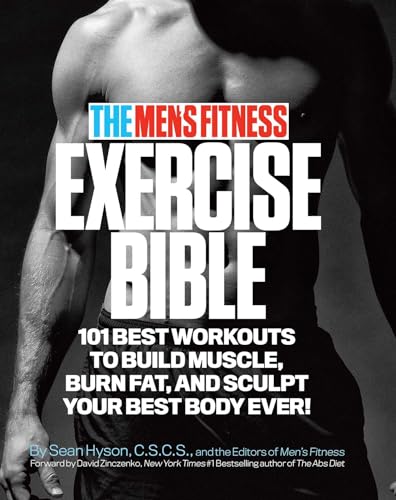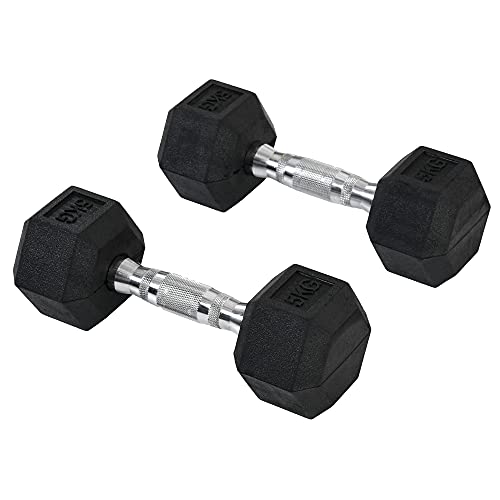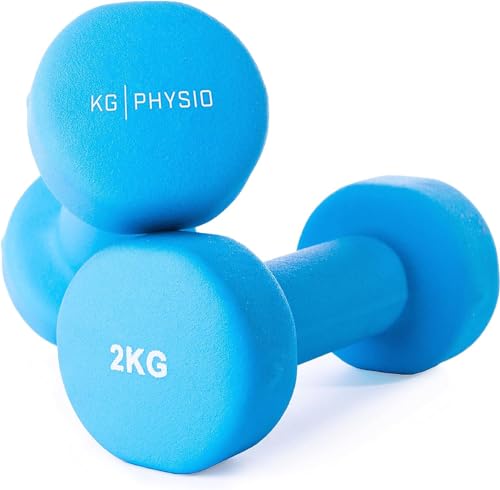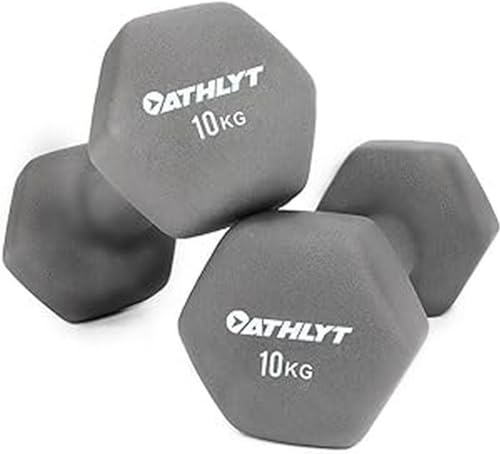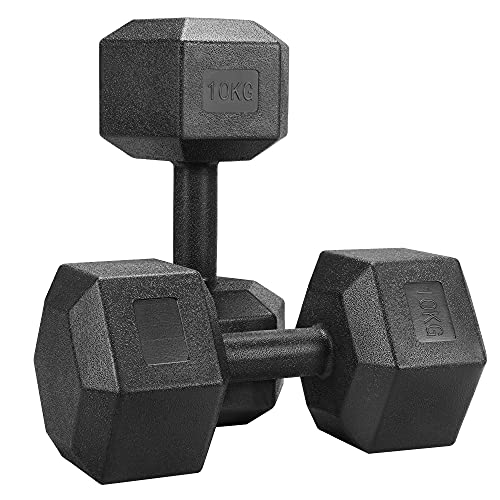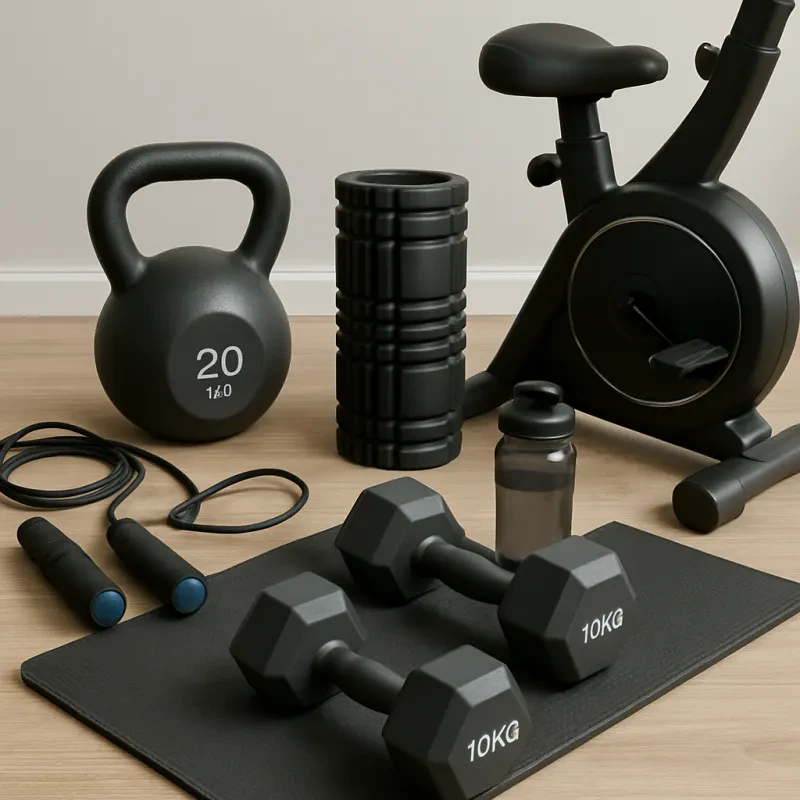Unleashing the Benefits Of Muscle Building
In the realm of fitness, building muscle holds a prime position as a vital component of an effective workout routine.
For men seeking to enhance their physical fitness, understanding the benefits of building muscle is crucial. This article will delve into the scientific reasons behind the positive impact it has on men's overall health, appearance, and lifestyle. By exploring the physiological and psychological advantages
$5.64
4.64 out of 5 starsUltimate Men's Fitness Exercise Bible: 101 Muscle-Building Workouts
Unlock your full potential and achieve the body of your dreams with our comprehensive guide to muscle-building workouts
Product information
Product Review Score
Product links
Muscle building enhances metabolism and weight management:
Building muscle actively contributes to a faster metabolic rate, even at rest. Increased muscle mass requires more energy, resulting in a higher caloric expenditure. This metabolic boost aids in weight management, facilitates fat loss, and prevents obesity-related health issues.
Muscle building increases strength and physical performance:
Regular strength training leads to a substantial increase in muscle strength. Building muscle enhances physical performance in daily activities, sports, and other fitness pursuits. Increased strength also reduces the risk of injuries, as stronger muscles provide better support for joints and bones.
By building muscle you Improve bone health:
Building muscle not only strengthens muscles but also fortifies bones. Resistance exercises stimulate the production of osteoblasts, the cells responsible for bone formation. This helps in preventing age-related bone loss, osteoporosis, and reducing the risk of fractures.
Enhance insulin sensitivity by building muscle:
Studies show that increased muscle mass improves insulin sensitivity, which plays a critical role in managing blood sugar levels. By enhancing insulin sensitivity, building muscle aids in the prevention and management of type 2 diabetes.
Muscle building also boosts testosterone levels:
Engaging in resistance training and building muscle has been linked to increased testosterone production. Testosterone is a hormone essential for muscle growth, improved libido, cognitive function, and overall vitality in men.
Enhanced mental health and cognitive function:
Physical exercise, including building muscle, stimulates the production of endorphins, known as "feel-good" hormones. Regular exercise helps reduce stress, anxiety, and depression while enhancing mood and overall mental well-being. Furthermore, studies suggest that regular exercise improves cognitive function, memory, and focus.
Increased confidence and self-esteem:
Building muscle not only improves physical strength but also enhances body composition, leading to a more aesthetically pleasing physique. Achieving fitness goals and witnessing noticeable progress fosters a sense of accomplishment, boosting confidence and self-esteem.
Conclusion:
Building muscle offers a multitude of benefits for men interested in fitness. From improved metabolism and weight management to increased strength, bone health, and testosterone production, the advantages are abundant. Furthermore, building muscle positively impacts mental health, cognitive function, and self-esteem. By implementing a well-rounded strength training regimen into their fitness routine, men can optimize their physical and mental well-being, reflecting the true power of building muscle.
Read about mens essential core exercises and watch the videos
Check out all the strength training gear here
References:
Forbes GB. "Body fat content influences the body's composition in response to nutrition and exercise." Ann N Y Acad Sci. 2000;904:359–65. doi: 10.1111/j.1749-6632.2000.tb06494.x.
Kraemer, WJ, et al., "Resistance training and hormonal responses in men." JAMA. 1990;263(11):1505–12. doi: 10.1001/jama.1990.03440110053029.
Pedersen, BK, & Saltin, B. "Evidence for prescribing exercise as therapy in chronic disease." Scand J Med Sci Sports. 2006;16 Suppl 1:3-63. doi: 10.1111/j.1600-0838.2006.00520.x.


